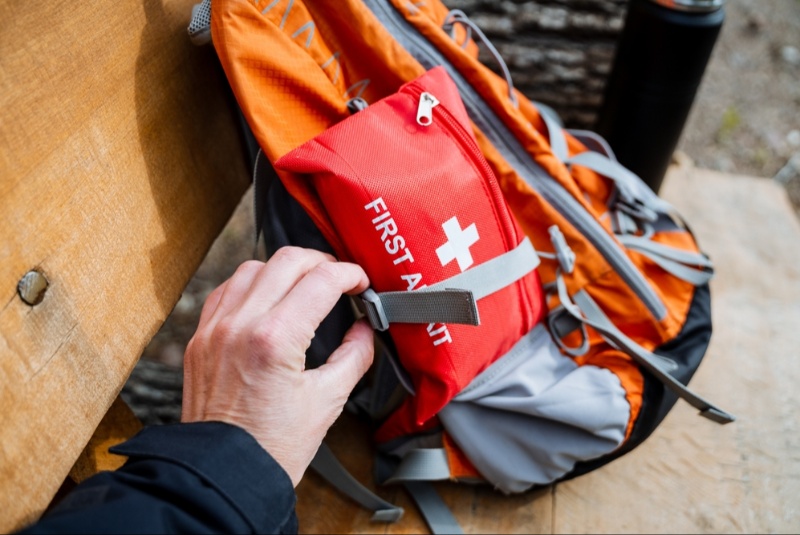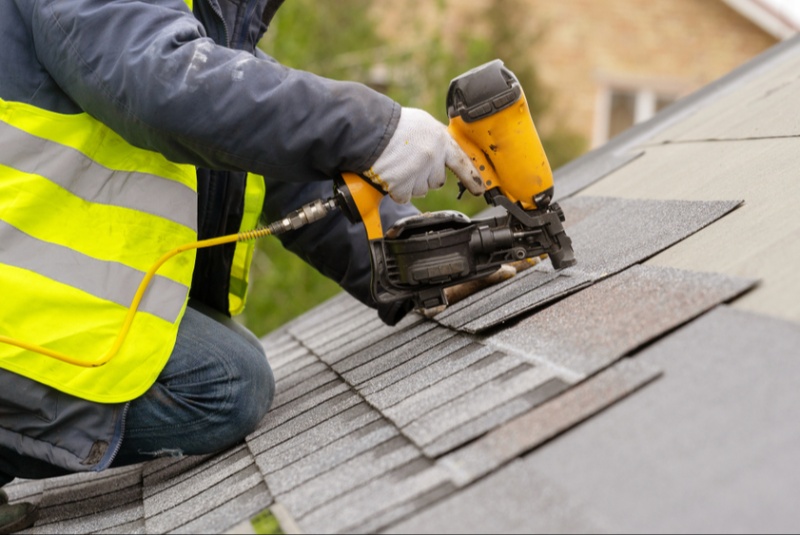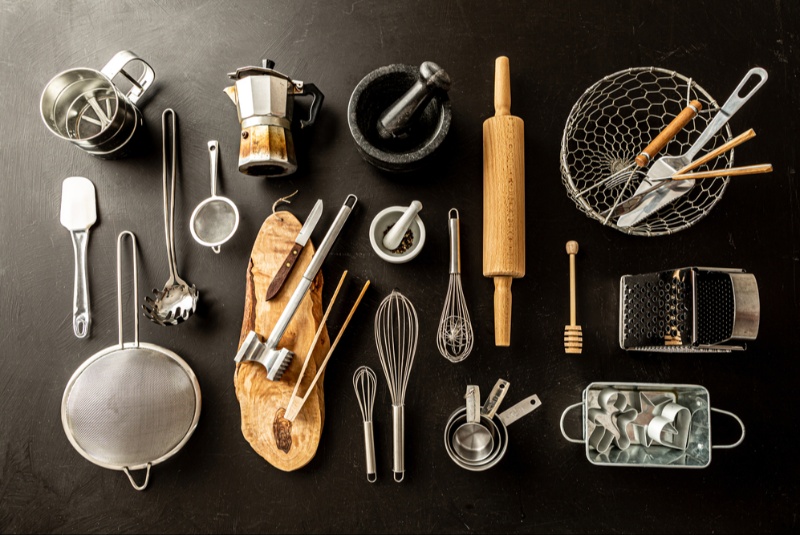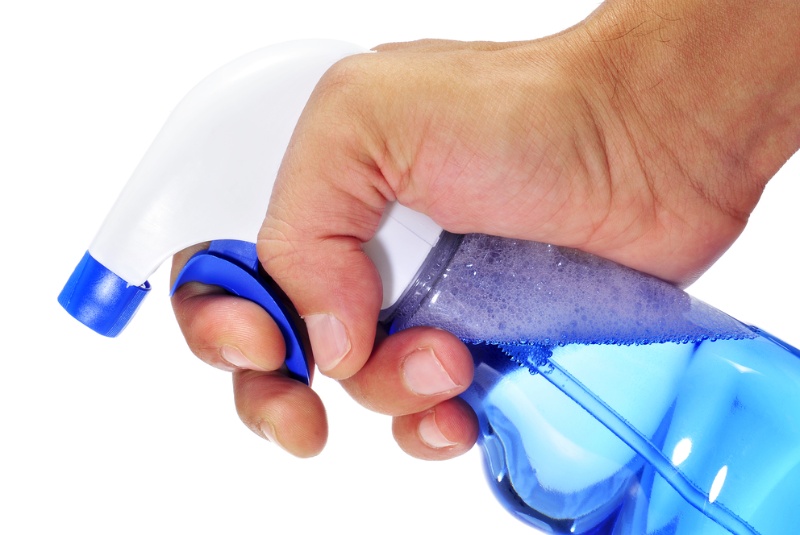As summer rolls in, outdoor adventures become more frequent, making it essential to have a well-stocked first aid kit. Whether you’re hiking, camping, or simply spending time in your backyard, accidents can happen, from minor scrapes to more serious injuries. A summer first aid kit ensures that you’re prepared for any emergencies, allowing you to quickly address injuries and prevent complications. Having the right supplies on hand can make a significant difference in how effectively and swiftly you can respond to an injury. A well-prepared first aid kit is a crucial element of outdoor safety, ensuring peace of mind during summer fun.
Essential Items for Treating Cuts and Scrapes
Cuts and scrapes are among the most common injuries during outdoor activities. Your summer first aid kit should include a variety of bandages, adhesive strips, and gauze pads in different sizes to handle wounds of various severities. Antiseptic wipes or solutions, like hydrogen peroxide or iodine, are crucial for cleaning wounds and preventing infections. Butterfly bandages or sterile strips can help close deeper cuts temporarily before seeking medical attention. Keeping antibiotic ointment in your kit will also aid in preventing infection and promoting faster healing. Being prepared with these essentials ensures you can treat minor injuries quickly and safely.
Sunburn Relief and Protection
Sunburn is a common concern during the summer months, especially with extended time spent outdoors. A good summer first aid kit should include items that help prevent and treat sunburn. Sunscreen with a high SPF, ideally waterproof and sweat-resistant, is essential for protecting your skin from harmful UV rays. For after-sun care, include soothing aloe vera gel or a hydrocortisone cream to reduce redness, inflammation, and pain. Cooling sprays or lotions with lidocaine can also provide relief for mild sunburn. Protecting your skin from sunburn is not only about comfort but also preventing long-term damage, such as premature aging and skin cancer.
Bug Bite and Sting Treatments
Spending time outdoors during the summer often means encountering insects, so your first aid kit should be equipped to treat bites and stings. Include antihistamine cream or oral antihistamines to reduce swelling, itching, and allergic reactions to bites or stings. Hydrocortisone cream is also useful for reducing inflammation caused by insect bites. In addition, pack insect repellent to prevent bites in the first place. For more severe allergic reactions, an epinephrine auto-injector (EpiPen) may be necessary, especially for those with known allergies to bee stings or other insects. Quick treatment can prevent bites and stings from turning into larger medical issues.
Items for Treating Sprains and Strains
Outdoor activities such as hiking, running, or playing sports can sometimes lead to sprains, strains, or twisted ankles. Your first aid kit should be prepared to treat these types of injuries. Include elastic bandages or compression wraps to stabilize joints and reduce swelling. Ice packs, especially instant cold packs, are essential for reducing inflammation and pain immediately after an injury. Adhesive tape and splints can provide additional support to injured limbs until proper medical care can be accessed. By having these items readily available, you can quickly address injuries and prevent further damage, allowing for faster recovery.
Blister Prevention and Care
Blisters are a common problem during summer hikes or long walks, especially if you’re wearing new or improperly fitted shoes. Your first aid kit should include blister treatment supplies to prevent discomfort from worsening. Moleskin padding or blister cushions can be applied to high-friction areas to prevent blisters from forming. For blisters that have already developed, sterile needles or blister pads can be used to drain fluid and protect the area. Antibacterial ointment and bandages help protect the affected area from infection. Treating blisters quickly ensures they don’t interfere with your outdoor activities and helps prevent more serious issues.

Heat Exhaustion and Dehydration Supplies
Summer heat can lead to heat exhaustion, heat stroke, or dehydration, especially during strenuous outdoor activities. Your first aid kit should be equipped with supplies to prevent and treat these conditions. Oral rehydration salts or electrolyte powders can help replenish fluids lost through sweat. A thermometer can be useful for monitoring body temperature if someone is experiencing symptoms of heat exhaustion, such as dizziness, headache, or rapid heartbeat. Cooling packs, along with plenty of water, are essential for bringing body temperature down. Being prepared with these items can help you stay safe and prevent heat-related illnesses during hot summer days.
Snake Bite and Poisonous Plant Treatment
If you're spending time in areas where snakes or poisonous plants like poison ivy are common, it’s important to include treatment supplies in your first aid kit. A snake bite kit can provide the tools needed to treat a bite before medical help arrives, including suction devices, antiseptic wipes, and bandages. For poisonous plant exposure, carry calamine lotion or hydrocortisone cream to soothe itching and irritation. Antihistamines can also help reduce allergic reactions to plant oils. Quick treatment of bites or contact with poisonous plants can reduce the severity of symptoms and prevent further discomfort.
Splinters and Foreign Object Removal Tools
Splinters, thorns, or other small foreign objects can easily become lodged in the skin during outdoor activities. Your first aid kit should include tools for safely removing these items. Tweezers are essential for removing splinters, glass shards, or other small debris from the skin. Sterile needles can also help with more stubborn splinters. After removal, clean the area with antiseptic wipes and apply an adhesive bandage to protect the wound. Having the proper tools to address these minor yet painful injuries ensures that they don’t turn into infections or bigger problems while you’re enjoying the outdoors.
Allergy Medications and Emergency Treatments
For individuals prone to allergies, especially during the spring and summer months when pollen counts are high, it's essential to have allergy medications in your first aid kit. Include over-the-counter antihistamines like diphenhydramine (Benadryl) or loratadine (Claritin) to treat symptoms such as sneezing, runny nose, and itchy eyes. For those with severe allergies, having an EpiPen on hand for emergency anaphylactic reactions is crucial. Ensure that any prescription medications or allergy treatments are up-to-date and stored properly in your kit. Being prepared for allergy flare-ups can prevent them from interrupting your outdoor activities and ensure a safer, more enjoyable experience.
Personalizing Your First Aid Kit for Family Needs
Every family has unique needs when it comes to first aid, so it’s important to customize your kit based on your specific situation. If you have young children, include items like children's pain relievers, insect repellent, or bandages with fun designs to encourage them to accept treatment. If anyone in your family has a chronic condition, such as asthma or diabetes, ensure you have extra supplies like inhalers, insulin, or glucose tabs. For outdoor enthusiasts, extra blister pads, sunscreen, and rehydration salts may be essential. Personalizing your kit ensures that it meets your family’s specific needs, keeping everyone safe and comfortable.
A well-stocked summer first aid kit is essential for ensuring safety during outdoor activities, from backyard barbecues to camping trips. By including items for treating cuts, sunburn, bug bites, heat exhaustion, and more, you’ll be ready to handle any minor injuries or health concerns that arise. Customizing your kit to suit your family’s needs, outdoor plans, and potential hazards ensures you’re prepared for every situation. With the right supplies on hand, you can enjoy summer adventures with peace of mind, knowing you’re equipped to keep yourself and your loved ones safe.




